Interview
Pollution
Can mobility be pollution-free?
-
Aymeric Weyland
Consultant, Urban Mobility
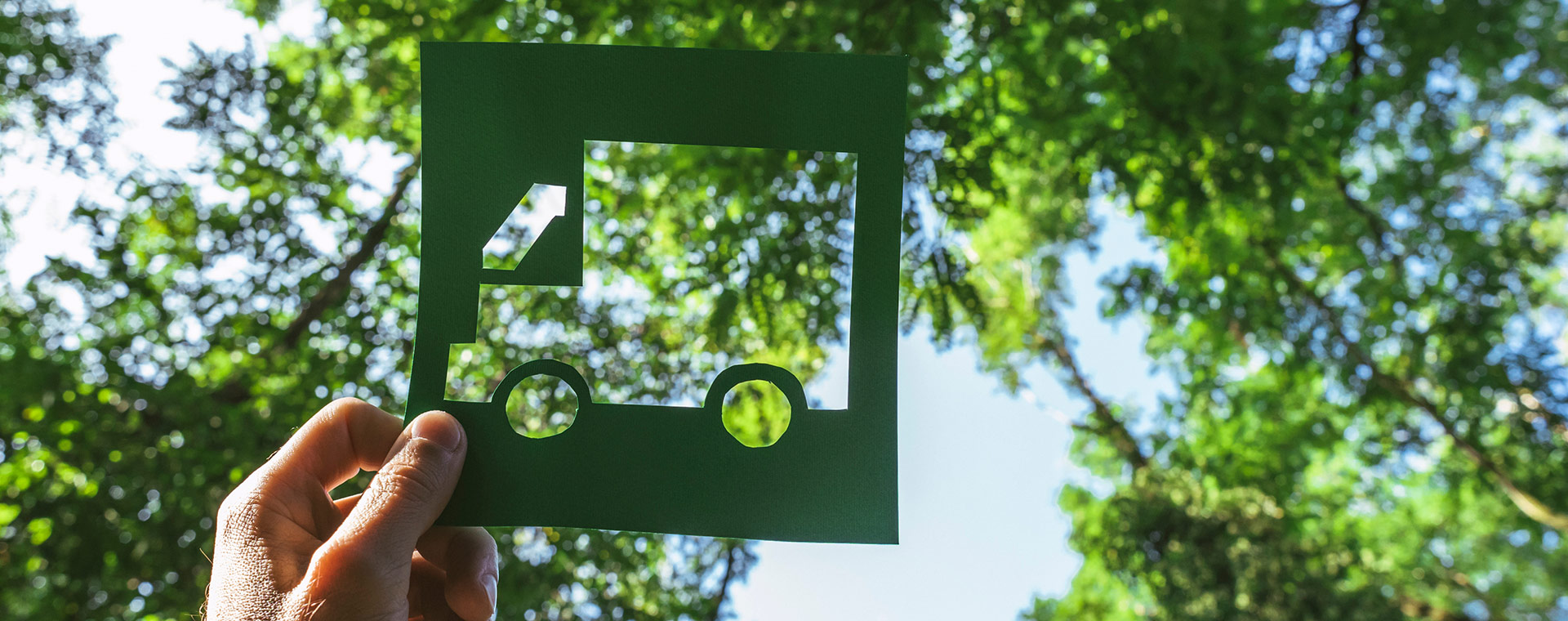
Urban mobility consultant Aymeric Weyland imagines pollution-free mobility
Pollution-free mobility is a major challenge, as the transport sector is one of the biggest emitters of CO2. I would divide the question into 3 parts:
- As far as cars are concerned, we’re already well ahead of the game. In recent weeks, electric vehicles have become the best-selling vehicles in the world. The infrastructure has to keep up, and France has just passed the 100,000 mark. So the transition will be gradual, but it’s well under way.
- The maritime sector also pollutes enormously, especially cargo shipping. We have some fine innovations in France, such as rigid sails. The idea is to equip the liner with a huge sail that can capture the wind and thus reduce its carbon footprint. In the longer term, we’ll have to think about energy sources such as hydrogen.
- The other major theme is airplane bashing, whether in private jets or commercial airliners. On the private jet side, we have all these start-ups launching volocopters (autonomous solar-powered helicopters that can land on the roofs of our buildings). Another French start-up is launching its first electric aircraft. At airline level, orders are very long: the fleet being delivered today was ordered ten years ago. But there’s also a Norwegian company called SAS, which has announced its intention to experiment with commercial flights using electric aircraft from 2025.
As well as CO2 pollution, there’s also noise pollution. For example, the decibel level of scooters on two-wheelers is an issue that needs to be addressed. With the electrification of fleets, we’ll have a calmer city, with less noise and less CO2.
-
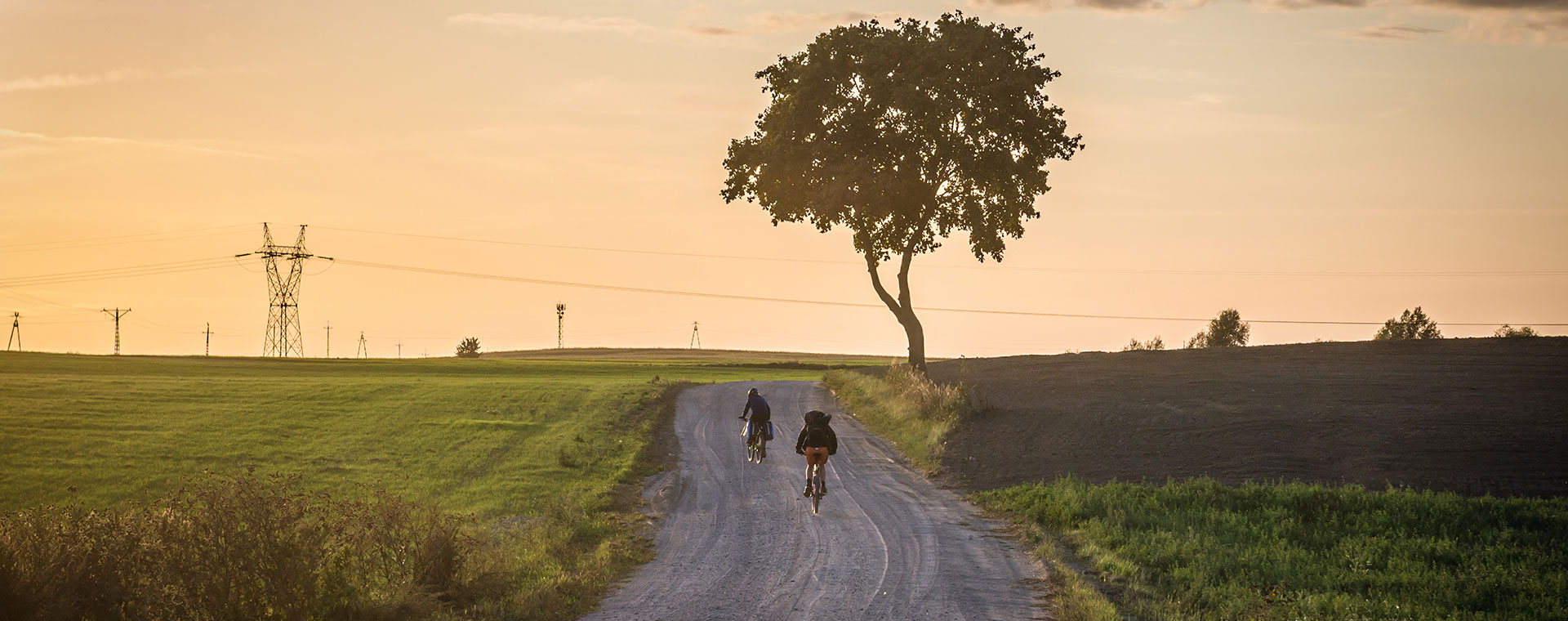 Interview
Decarbonization
Interview
Decarbonization
How will rural areas adapt to the shift towards carbon-neutral mobility?
Caulfield Brian, Professor in transportation and Head of Department at Trinity College Dublin, Expert to the National Transport Authorithy (Ireland)
-
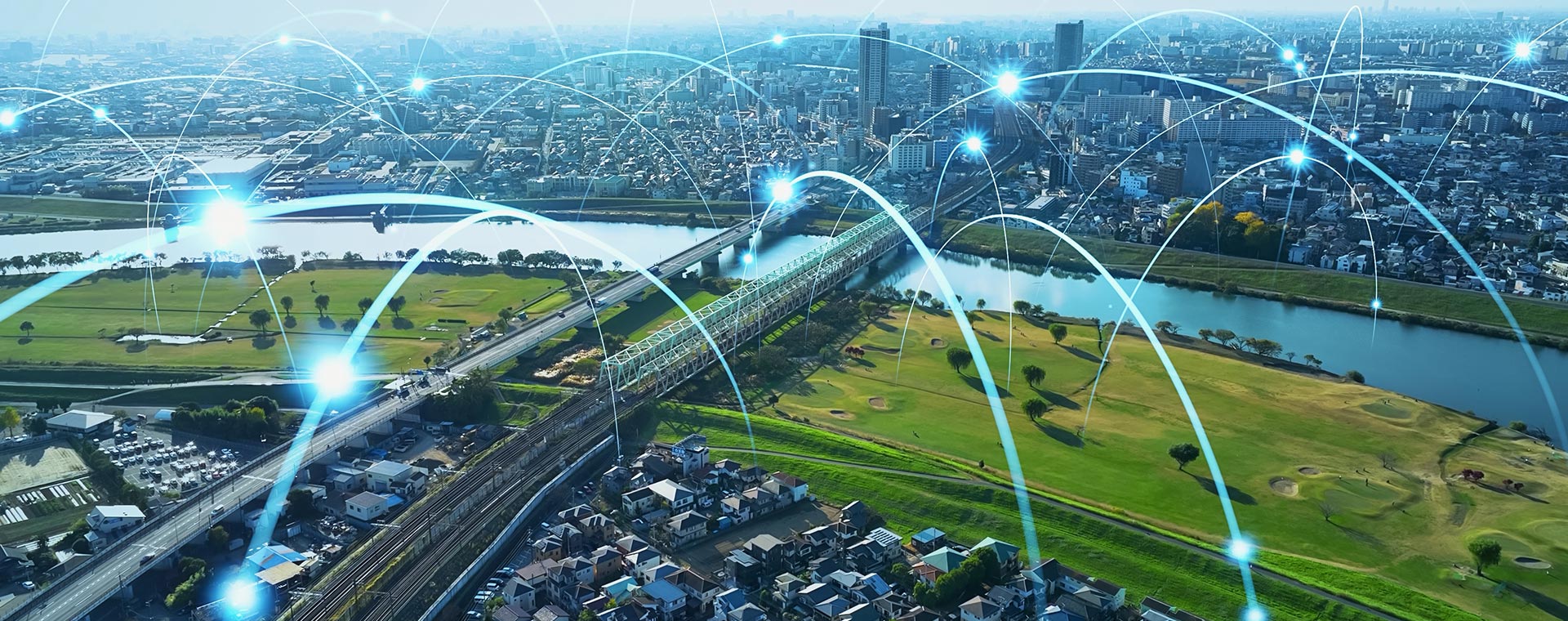 Interview
Decarbonization
Interview
Decarbonization
How can we catalyze the transition towards carbon-neutral transportation?
Katarina Cséfalvayová, Co-founder and director of the Institute for Central Europe
-
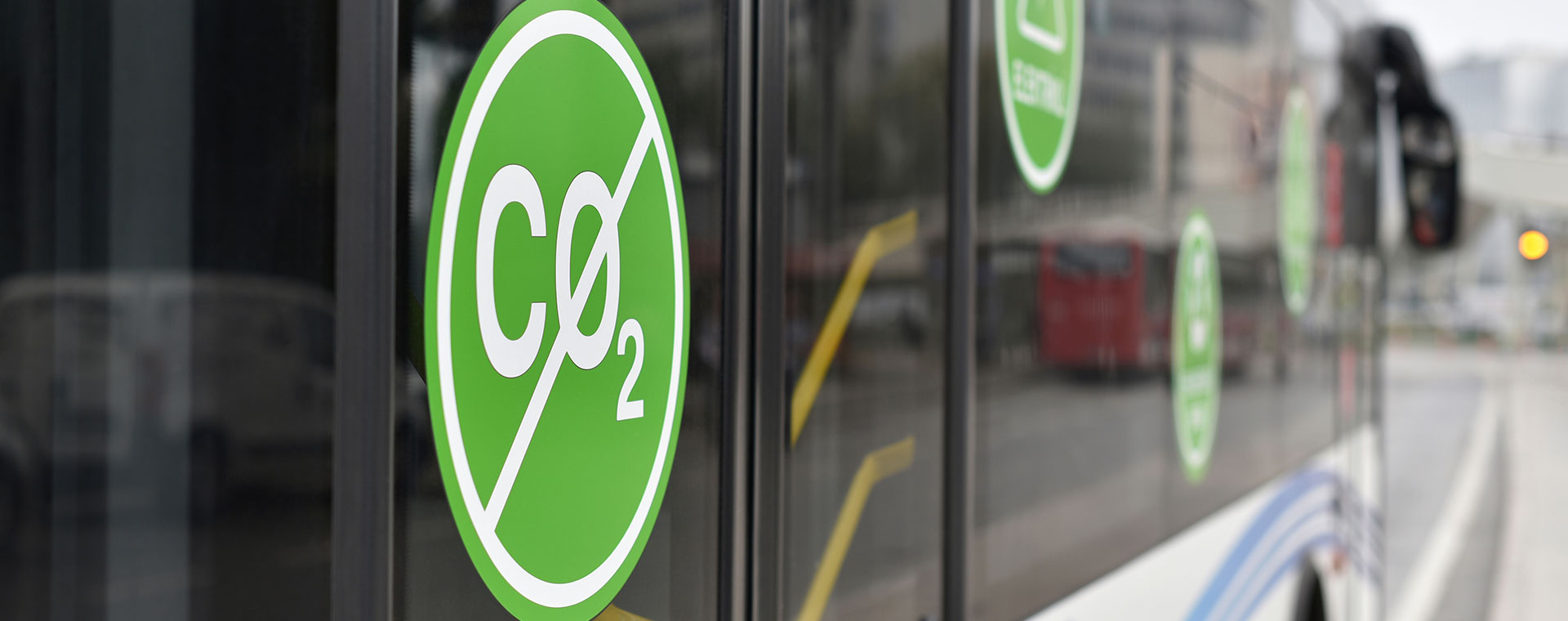 Interview
Public investment
Interview
Public investment
Recommendations for European cities to achieve carbon neutrality in transport
Charlotte Halpern, FNSP tenured researcher at Sciences Po Paris’ Centre for European Studies and Comparative Politics
-
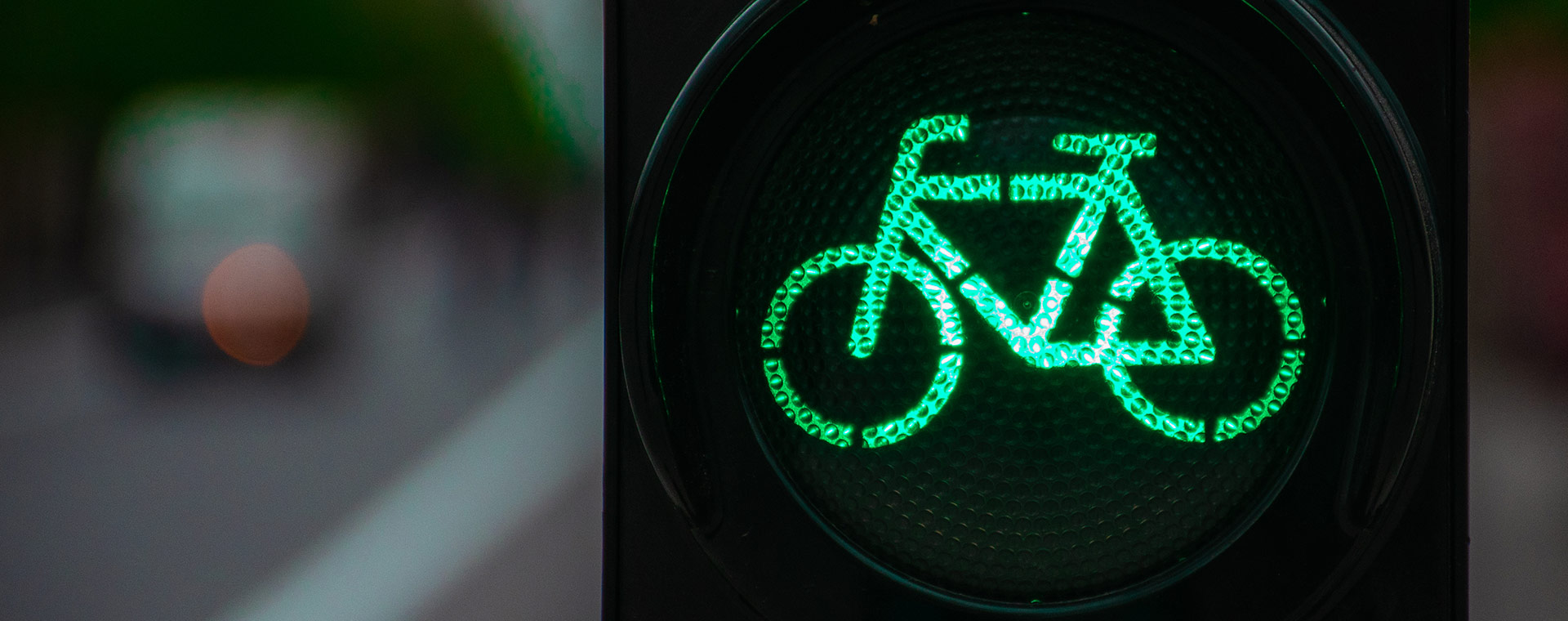 Insights
Decarbonization
Insights
Decarbonization
Decarbonizing mobility: where do we start?
Aurélie Gillieaux, Managing Director Benelux of WeNow
To truly change our mobility habits, raising awareness about alternatives to private vehicles appears to be the key step. -
 Interview
Social Cohesion
Interview
Social Cohesion
How can we tackle mobility poverty?
Sébastien Bailleul, Director of Institutional and European Relations at Wimoov


